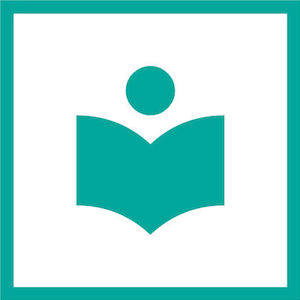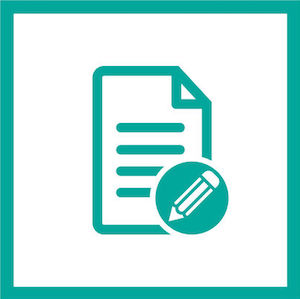 Read · Listen · Learn
Read · Listen · Learn
2019-10-04
Extensive Reading, basically reading a lot and often, benefits people learning English at all levels from beginners through to more advanced students.
Whilst it’s fairly obvious that reading increases student reading skills. You could say that the main benefit lies in increased speed and confidence processing and using English. In short increased fluency.

Reading English, perhaps aloud for beginners, helps learners to recognise words at a glance. The more they see a word, the faster they recognise it and absorb its meaning. So, reading helps learners increase the speed with which they recognise words.
This leads to increased confidence because very soon, learners start to understand that they can read and that the more they do so, the better they become at it. Beginners start to feel that they could master the language and more experienced learners feel that they are doing so.
Like many others we at Read Listen Learn believe that reading for pleasure is key to this. It is no surprise that we read more often, with more interest and for longer periods of time when we are interested in the subject. Students are often forced to read books that they don’t like and whilst this might be OK for studying specific grammatical structures, it really isn’t for simply reading and getting the learning benefits of doing so.
Apart from the learning-related benefits of providing variety and enabling learners to choose, it is also a great way to encourage and develop a love of reading. We believe that’s a good thing in itself!
This kind of reading also helps learners master English language skills that are more specific than increased confidence and fluency.
It might be surprising to learn that reading a lot and often significantly improves writing skills. In fact research has shown that simply practicing writing more is not as beneficial to learners in acquiring writing skills as reading more. There are two main reasons for this.

Firstly, language is complex and at a certain level mastering it is more concerned with being able to deal with exceptions to rules rather than applying those that are learnt at lower levels. Things that are difficult to explain like phrasal verbs are perhaps best learnt by exposure to examples of their use and reading is an excellent means of achieving that.
Secondly, reading a lot exposes students to different writing styles or models, e.g. news stories, fiction in different genres, magazine articles, academic books. This enables them to absorb the differences in these styles and adopt them more successfully when they need to.
Reading then, increases learners' ability to write in English, to do so for different purposes and to develop their own style of writing.
Moving on to vocabulary, nobody much enjoys the tedious task of learning long lists of words. The good news for those people though is that doing so really isn’t a very good way of expanding vocabulary and learning to use new words.
Words and their spelling learnt in this way are forgotten very quickly and they tend to be learnt as rigid parts of memorised lists rather than as individual words with meanings that can then be used accordingly.
Reading on the other hand enables students to repeatedly see words and their spellings and see them being used for different purposes. This enables them to absorb vocabulary, to remember it and to remember how to use it and how to spell.
This works for words they’ve been taught but it also works for new words where learners work out and remember the meaning of words they have never encountered before surprisingly effectively.
So simply reading a lot and often helps people learn and master all the English language skills described here. Reading widely does much more than that though, as we all know.
Experiencing writing for different purposes and in different contexts helps to develop critical thinking skills and exposes us to ideas and knowledge along the way.
That’s why it’s so widely loved, of course.
English stories and articles for reading and listening practise
For students, learners and teachers. Improve reading, writing, speaking and listening skills. Learn new words and build fluency.